Bringing together leaders in government, civil society, academia, and the private sector from more than 80 countries worldwide, the Sustainability Research and Innovation (SRI) Congress is one of the leading annual convenings spotlighting evidence-based, actionable, and inclusive approaches to sustainability. As a lead partner in this edition of the Congress, the SDSN will advance sustainability thought leadership through program development, communications, and activation of its global network. The United States Chapter of SDSN will be featured at the Congress as one of the many concurrent sessions being held on Thursday, 19 June. Co-Chair Dr. Helen Bond and speakers will present:
Code-Name Hope: A Voluntary Local Review of the Black Community in Greater Cleveland, Ohio
Description
African Americans seeking freedom and opportunity set their sights on Cleveland, Ohio, code-named “Hope” along the Underground Railroad. Station Hope was the last of two stops in Northeast Ohio that secreted enslaved peoples towards the shores of Lake Erie, a vital water source and a key economic driver in Greater Cleveland. Lake Erie that once ferreted freedom seekers to Canada, is also the 12th largest freshwater lakes in the world supplying more edible fish than the other four Great Lakes combined. Cleveland’s population benefited from the intensive industrial development along its shore greatly expanding the city’s population. Cleveland was once ranked the 5th largest city in America in 1920 and remained on America's top ten list for the most populous cities until 1970. With a 2023 population of 360,040, Cleveland is one of the largest cities in Ohio and the 54th largest city in the United States. The Black population constitutes nearly half (47.4%) of Cleveland’s total population. Deepening our understanding of US cities' commitments to implementing the SDGs in marginalized communities can help cities plan for the future, while learning from the past.
The purpose of this project is to produce a Voluntary Local Review (VLR) of the Afro-descendant population in the five-county region of Cleveland, Ohio which includes Cuyahoga County (where Cleveland is located), along with Lake, Geauga, Lorain, and Medina. While Ashtabula County was recently added to the Metropolitan Statistical Area (MSA) of Cleveland, it will not be included in this review. The Leave No One Behind (LNOB) agenda will frame how US cities can work with communities of color to implement the Sustainable Development Goals (SDGs). Development that is truly sustainable requires prioritizing the needs of those who are the furthest behind.
Methodology: The VLR will be conducted in partnership with the City of Cleveland, the local community, SDSN USA and participating universities (Case Western Reserve University, Cleveland State University, Tri-C Community College of Cleveland, Howard University and Harvard University). Qualitative and quantitative data will be collected to report on progress toward each of the 17 Goals with selected indicators. Disaggregated data will be prioritized, as well as contextual and historical information on overarching aspects of sustainability, including key achievements and recommendations for progress.
Community engagement models include an LNOB Listening Tour which utilizes praxis interviews—conversations designed to listen and learn from individuals in the community, as well as across a number of relevant institutions and platforms. Two key outcomes include identifying ways the city and community are working to implement the SDGs and build upon these networks and good practices. A second key outcome is to provide community-informed recommendations that will result in improved outcomes for the Black community in Greater Cleveland. Indigenous ways of knowing will be included in the VLR, such as storytelling, a focus on arts and culture, and a section for youth by youth. This work is funded by The Charles Stewart Mott Foundation received through The Cleveland Foundation.
Speakers
Julian Khan

